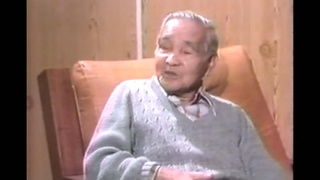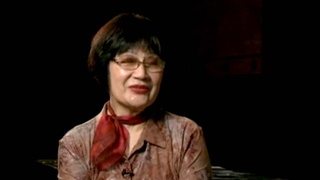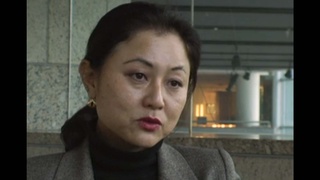Interviews
Immigration ship Brazil-maru (Japanese)
(Japanese) Well, yes. We the youngsters gathered and partied, which made the captain mad. And those who were going to emigrate, the ones from Okinawa, they were learning Portuguese and were accompanied by government officials. They looked quite different from us, you know. I had fun with festivals like a line-crossing ceremony.
We arrived at Long Beach. Well, we went to Hawaii first, went through the immigration process in Hawaii and then arrived at Long Beach. Since it was the second time for me, I took the role of getting everyone together. That was back in 1970 or 1971. I gathered up the young ones on the ship and made a group called Senyu-kai (gathering of friends on a ship). Of them, I think that about three have remained now in America. The rest have all returned to Japan. These people, they all worked very hard in their youth, doing many kinds of things like finding apartments or jobs for others.
Date: August 4, 2015
Location: California, US
Interviewer: Mitsue Watanabe
Contributed by: Watase Media Arts Center, Japanese American National Museum








